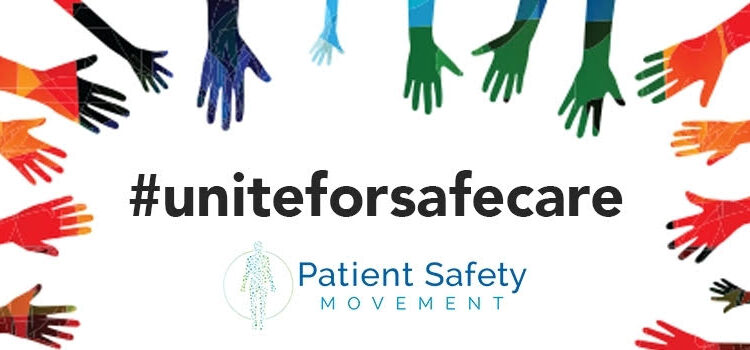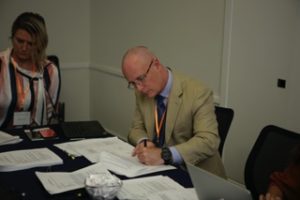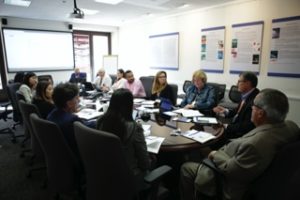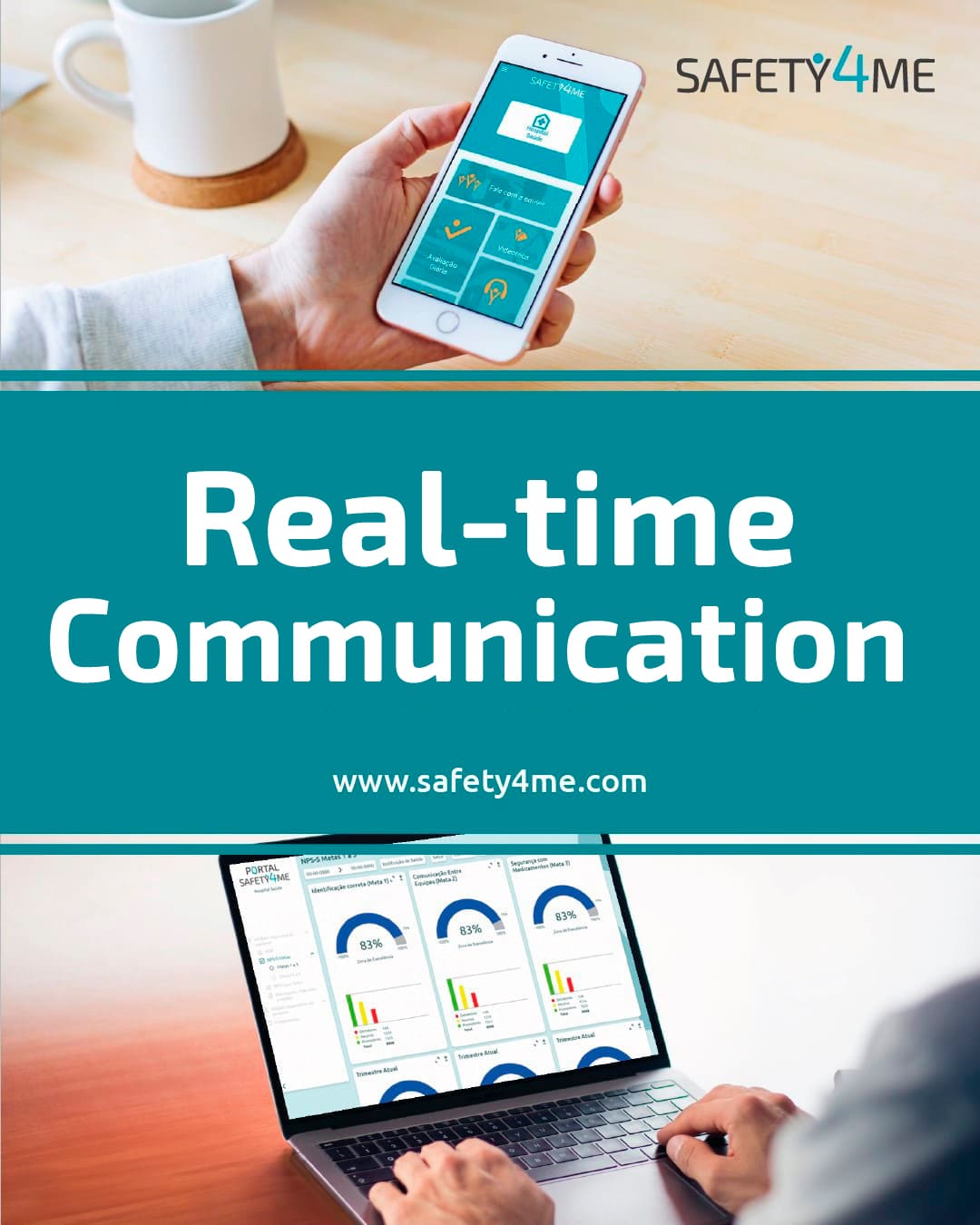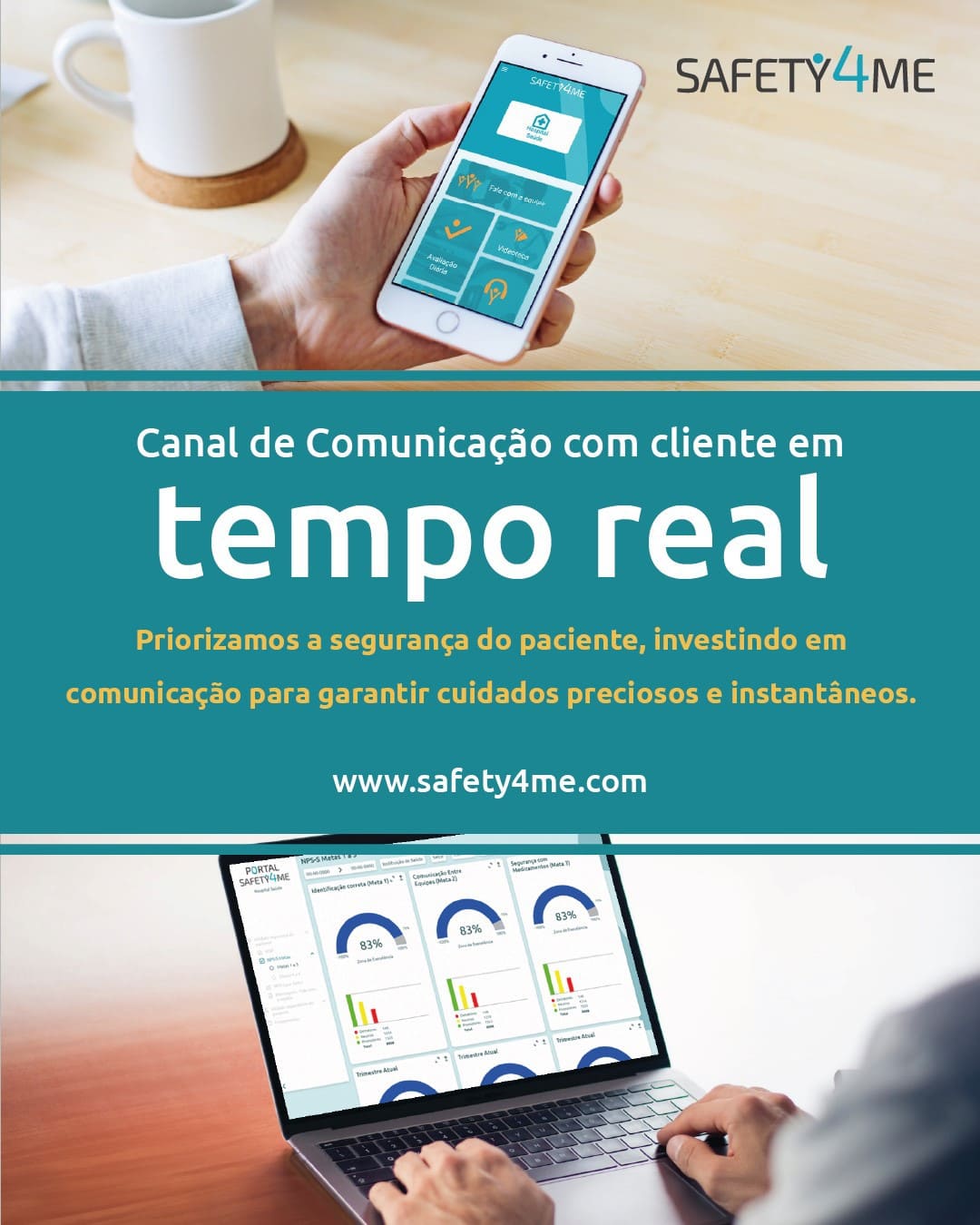Every year, the Patient Safety Movement Foundation promotes special events to reinforce the importance of Patient Safety around the world in celebration of September 17, International Patient Safety Day. Due to the Pandemic, the event becomes online and open to the community involved to reduce adverse events to zero. We are very proud and honored to be part of the event’s supporters, which reinforces our commitment to the healthcare network to reduce patient harm.
Check out our CEO Dr. Salvador Gullo Neto’s interview with Ariana Longley, COO of the Patient Safety Movement Foundation.
You can sign up and learn more about the event here
1 – The Patient Safety Movement Foundation is one of the most important organization worldwide working to eliminate medical errors. Could you tell us the history of PSMF creation?
the Institute of Medicine (now the National Academy of Medicine) published a report in 1999 that estimated that 44,000-98,000 Americans were dying unnecessarily in hospitals due to medical errors. This surprised our Founder, Joe Kiani, an engineer by background, but at that time he thought others, doctors and nurses and administrators would take action. Nearly a decade later in 2010 the Office of the Inspector General produced a report that showed that that number had grown to 180,000 deaths, and that was only within the medicare population. At this time, Joe also started hearing personal stories like that of Leah Coufal and Rory Staunton that made him want to tackle medical error differently. The Patient Safety Movement Foundation began in 2012 when Joe realized that there wasn’t any other organization that truly connected all stakeholders together to solve this patient safety issue. At that time he gathered a few hundred leaders at the Patient Safety, Science & Technology Summit and asked these leaders to take action. And, they did! Many hospitals leaders stood up and publicly committed to do better, working along side stakeholders from other disciplines. And that is how the Patient Safety Movement Foundation was born.
2 – Since it’s foundation, PSMF is connecting with a large number of healthcare institutions around the world. Currently, how many institutions are committed with the PSMF? Is there any Brazilian organization committed to the PSMF?
We are proud that over 4,793 hospitals across 48 countries have committed to implement processes to improve patient safety. And yes, we have 7 Brazilian hospitals in our network. We are transparent and share what every hospital has committed to and the contact information for the person who has shared the information as a means of creating a ’Shared Learning Network’ to spread learnings rapidly. We also have four partners in Brazil who help to get the word out about the Patient Safety Movement Foundation – these are the Brazilian Institute of Patient Safety, Brazilian Institute for Excellence in Health, The Brazilian Society of Anesthesiology and the Brazilian Patient Safety Foundation.
3 – What are the APSS, actionable patient safety solutions? How they were created? And how healthcare providers can have access to them?
Our Actionable Patient Safety Solutions, known as APSS, are evidence-based summaries which detail how a hospital can change their processes, reducing harm and preventable deaths. When we first began we started producing APSS which addressed the leading challenges that hospitals face each and every day, such as medication errors and infections. But soon that list began to grow and now includes more than 39 individual solutions including solutions to address a culture of safety, obstetric safety, airway safety, etc. And, to ensure we’re staying current we update each and every one annually by engaging a workgroup for each topic. We have over 500 volunteers across the world who help us conduct literature searches, update references, and help weave new information into these APSS each year. Everyone has access to these documents, freely. We never want finance or membership to come in the way of accessing this lifesaving information. If you are interested in exploring them we do ask for you to create a free account on our website here.
4 – We know that patient engagement is a huge challenge. Could you share with us the major lessons that you learned about patient engagement?
We are still learning, especially during this pandemic! But, one of our APSS is on Person and Family Engagement and it has been a beautiful process building this resource with the help of so many patients and family members who have been affected by unsafe care. This is one of our larger and more diverse workgroups that meet.
What I see as most encouraging is that hospitals are really starting to discuss engagement in a more meaningful way, sharing their experience with others, and doing research to show the value of PFE. Here in the US we’ve seen that by improving person and family engagement a number of hospitals who participated in the Vizient HIIN saw a reduction in falls rates and falls with injury as a result of implementing a tool that was developed by a multidisciplinary task force they put together – which included patients an their families. Another HIIN in Minnesota saw a significant reduction in preventable readmissions. Here’s the article if you’d like to explore more.
5 – We are very proud to be part of the resources list that PSMF offers for patients engagement on your website. Do you think SAFETY4ME can add value to the American healthcare the same way we are adding in Brazil?
We’re in need of tools to provide patients and their advocates the ability to give feedback about their care, back to the facility where they’re seeking care, as well as health workers to identify opportunities where there is room for improvement. We have so much work to do but as one of our patient advocates Karen Curtiss would say, “We can go farther, faster, with friends.”


